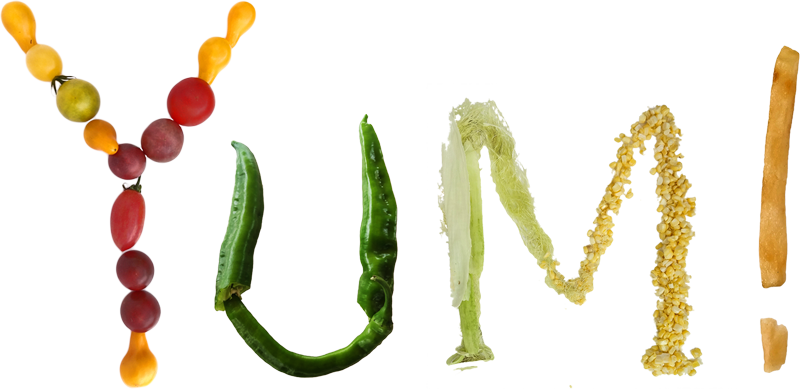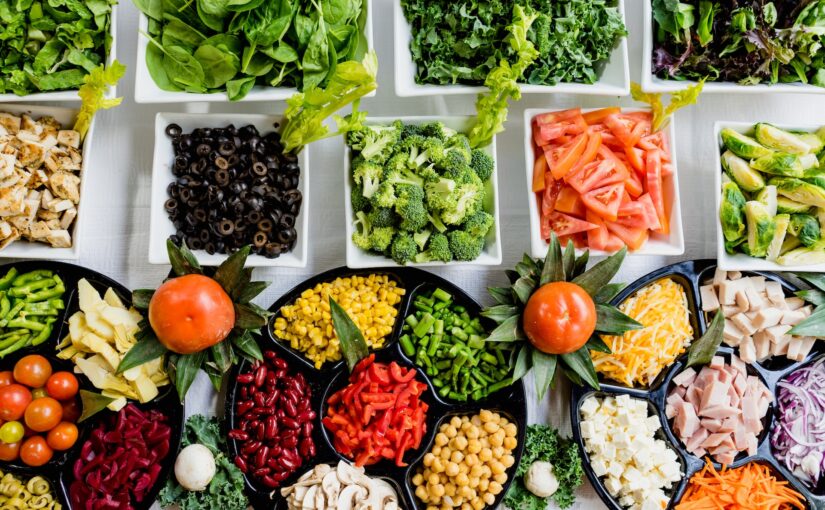
So many kids have eating issues. Sometimes those issues come from being highly sensitive—maybe certain types of foods bother you. Sometimes those issues come from mental health—maybe you use food to express anxiety or depression. And sometimes those issues come from having medical conditions like allergies.
This article is specifically for kids who are what we call “picky eaters,” not for kids with mental health or physical health issues. But in any case, feel free to listen to this and adapt my advice to your own situation.
Where eating issues come from
Each person is different, of course, but there are some common reasons why kids develop food aversions:
- Our culture
We absorb attitudes about food from shows we watch, commercials, and the people around us. - Our families
Sometimes families have a hand in encouraging eating issues in their kids, often because the parents have their own issues that they’re passing on. - Our own experiences
Each person is their own person, and some of us are more sensitive than others. You may be really sensitive to taste or texture. Or you may have really sensitive feelings. Both of these can contribute to eating issues.
You can become a better eater in 3 steps
Your body is yours, not your sibling’s, not your parent’s. So it’s important to be proactive in learning how to take care of it.
First: educate yourself about nutrition and the variety of foods out there
Many of us are lucky to live in a world of plenty. There’s no reason why we shouldn’t have a healthy diet. But often, kids let their parents tell them what to eat rather than taking a role in learning more about food.
You can explore food yourself, and expand your ideas of what’s out there. Here are some ideas for exploring:
- Make field trips to different places that sell food. Farmer’s markets are great because farmers just love to talk about the food they are selling. If you are used to going straight to the junk food aisle in the supermarket, explore the areas with fresh, whole foods.
- Learn about food and nutrition online. I really like the website KidsHealth, which has a whole section about eating healthy food. (Bonus points—look at the web address of this page and get a good laugh!)
- Watch Ted-Ed’s series on nutrition. These videos are all bite-sized and are about all sorts of fun subjects! Check them out.
Second: Be a tryer

If you’re a tryer, you’re not allowed to say “ick” until you try something more than once! In my family, we’re all allowed to dislike foods that we’ve tried. But only within reason. If you don’t try a new thing and then try it again—all with a spirit of adventure—you’ll never learn to eat a wider variety of food.
And here’s something funny about food: Something you said “ick” about last year might be your most delicious food this year! When I was a kid, I hated tomatoes. Now I love them. My older sister hated broccoli. Now she loves it. All people change, which is why we have to keep trying.
Third: Learn to cook
Like many other things, food is more fun if you have an active part in making it. Lots of picky kids are just used to someone putting a completed dish in front of them, or used to eating packaged food (which is generally not as good for your body as homemade food).
Start exploring in the kitchen. If you have a parent who cooks, ask to help. If you don’t have a parent who cooks, suggest that you can make a family goal of learning. These days, there are so many great cooking videos available for free.
You can say Yum!, too!
Remember that lots and lots of people who started out picky when they were young learned to explore food and enjoy more of it. Think of this as a new adventure and start exploring!


